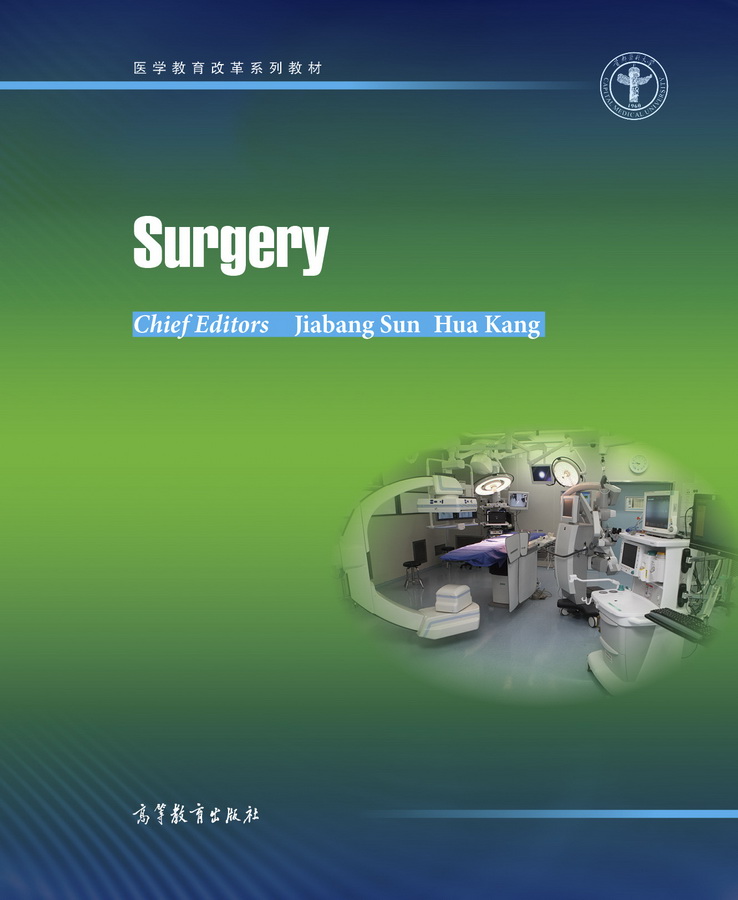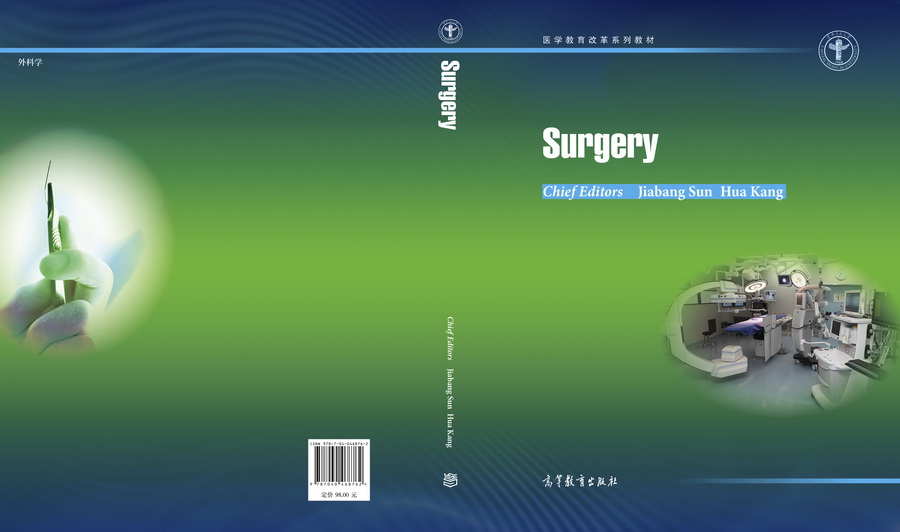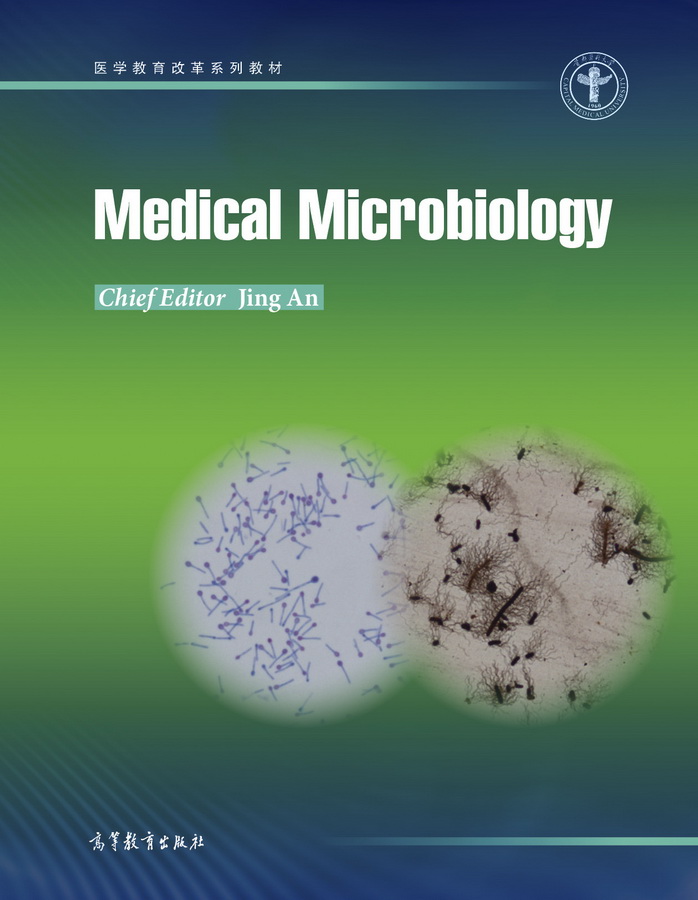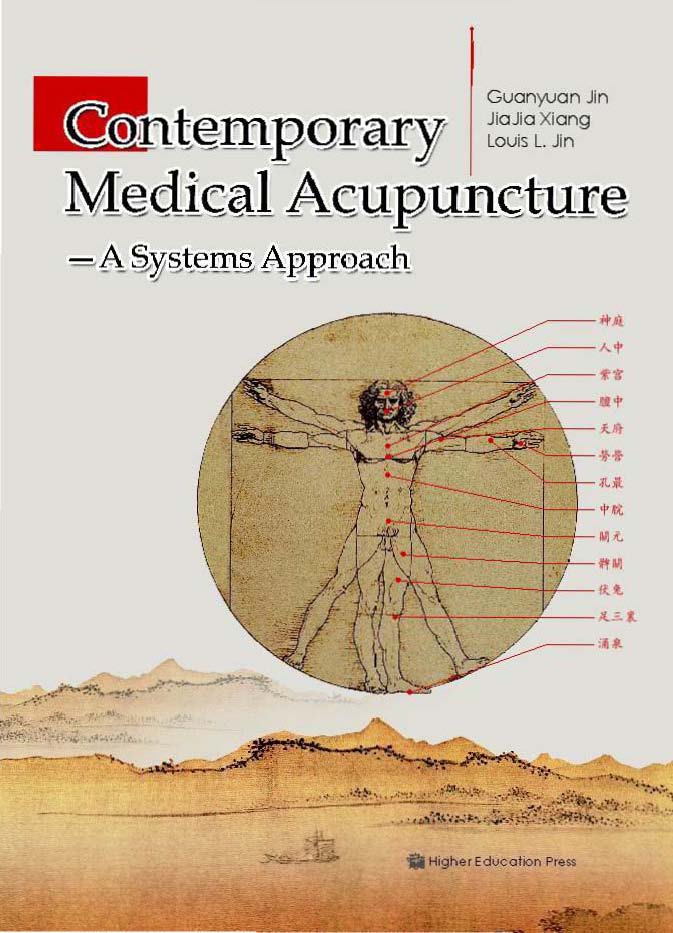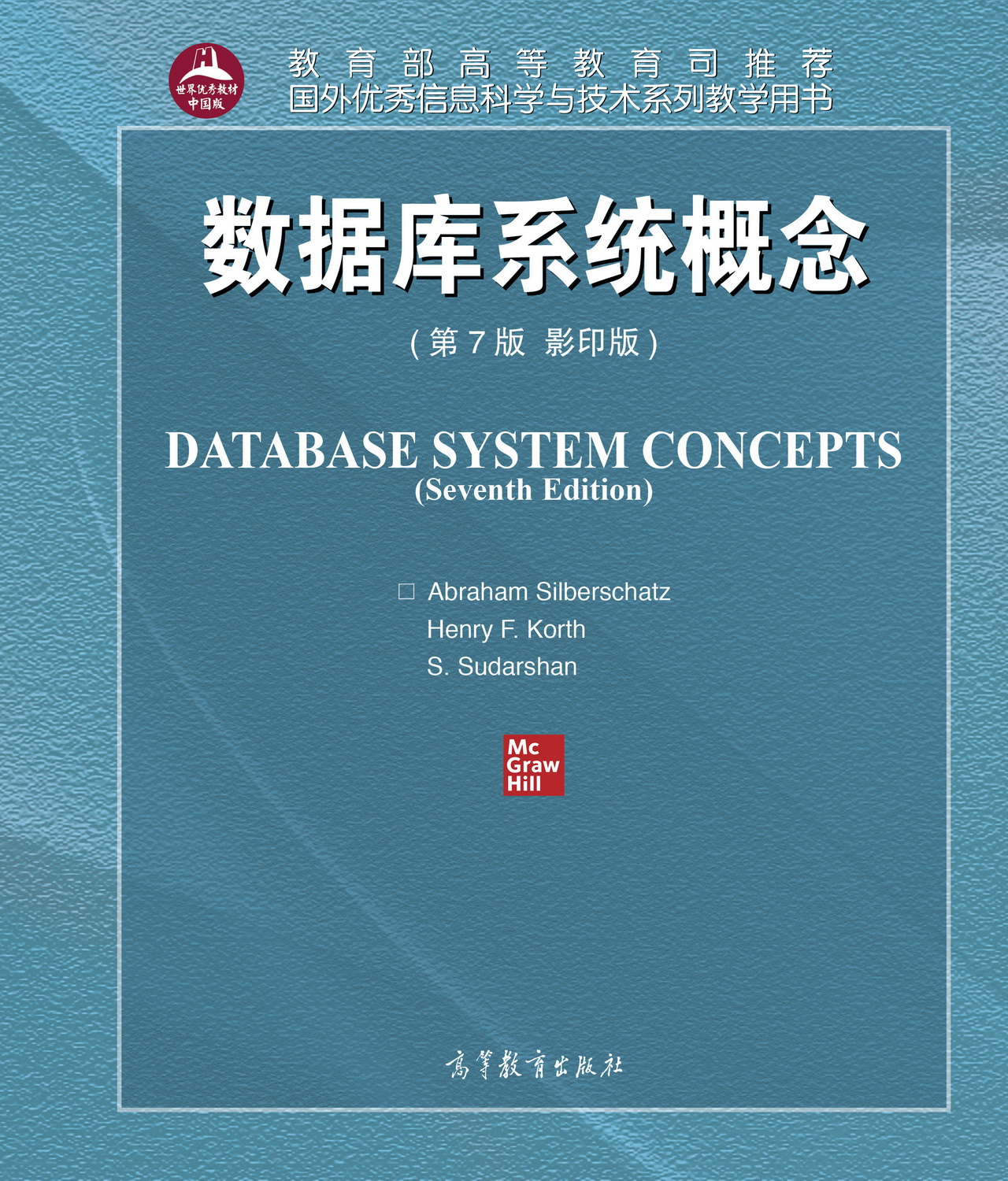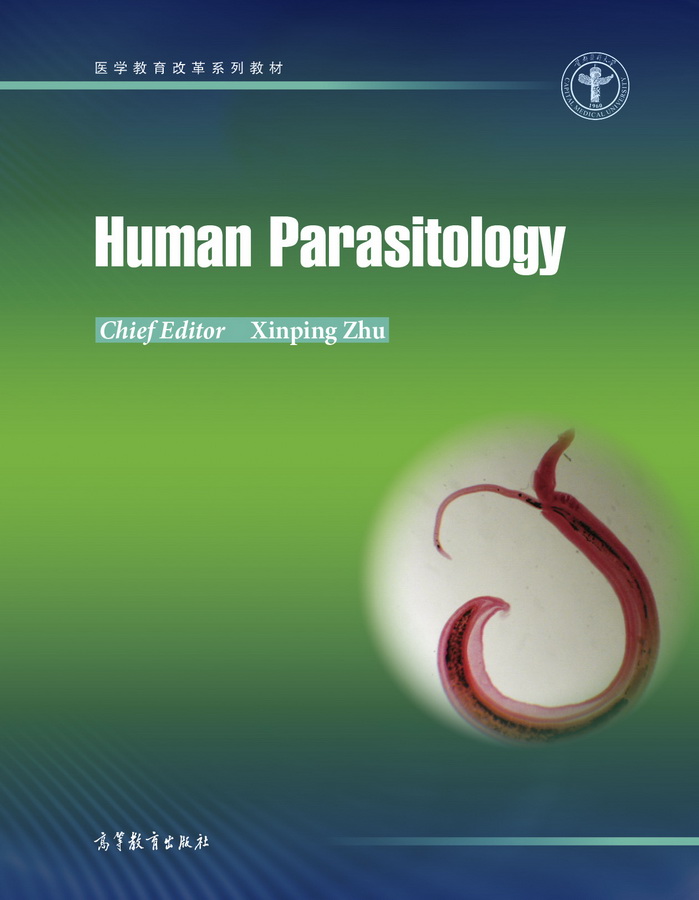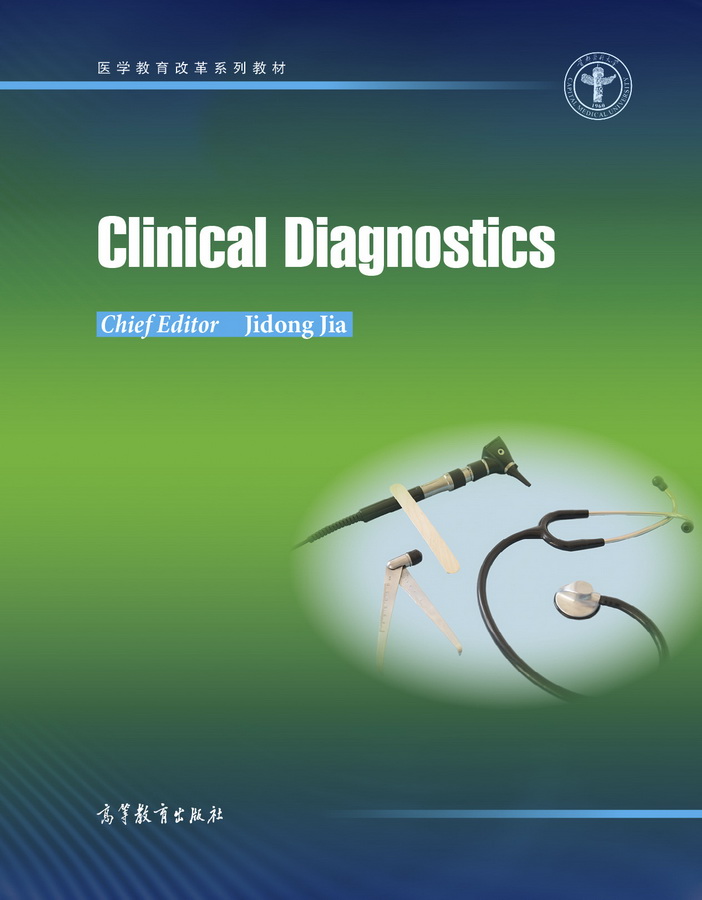Surgery(外科学)
作者: 孙家邦,康骅
出版时间:2017-01
出版社:高等教育出版社
- 高等教育出版社
- 9787040468762
- 1版
- 48004
- 40261577-7
- 平装
- 大大16开
- 2017-01
- 1000
- 780
- 医学
- 临床医学类
- R33
- 医学
- 本科
前辅文
Chapter 1 Clinic Anesthesiology
1.1 Introduction
1.2 Preanesthetic evaluation and preparation
1.3 Regional block anesthesia
1.4 Intrathecal anesthesia
1.5 General anesthesia
1.6 Monitoring and managements during anesthesia
Chapter 2 Pain Treatment
2.1 Introduction
2.2 The concept,classification and assessment of pain
2.3 The bodys responses to pain
2.4 The common methods of pain treatment
Chapter 3 Increased Intracranial Pressure
3.1 Introduction
3.2 Formation and normal value of intracranial pressure
3.3 Regulation and compensation of ICP
3.4 Causes of increased intracranial pressure
3.5 Pathophysiology of intracranial pressure
3.6 Category of increased intracranial pressure
3.7 Diseases causing increased intracranial pressure
3.8 Clinical manifestations
3.9 Diagnosis
3.10 Therapeutic principles
3.11 Acute cerebral hernia
Chapter 4 Craniocerebral Injury
4.1 Introduction
4.2 Epidemiology
4.3 The physical mechanisms of brain injury
4.4 Classification
4.5 Primary injuries
4.6 Early evaluation and management
Chapter 5 Congenital Malformation of the Brain and Spinal Cord
5.1 Introduction
5.2 Hydrocephalus
5.3 Spinal dysraphism (spina bifida)
Chapter 6 Intracranial and Intraspinal Tumors
6.1 Introduction
6.2 Intraspinal tumors
6.3 Intracranial tumors
Chapter 7 Intracranial and Spinal Vascular Diseases
7.1 Introduction
7.2 Subarachnoid hemorrhage
7.3 Intracranial aneurysms
7.4 Intracranial and spinal vascular malformations
7.5 Moyamoya disease
7.6 Carotid cavernous fistulas
7.7 Surgical treatment of ischemia stroke
Chapter 8 Oralfacial Disease
8.1 Introduction
8.2 Embryology of the lip and palate
Chapter 9 Diseases of the Neck
9.1 Introduction
9.2 Thyroid diseases
9.3 Hyperparathyroidism
9.4 Tuberculous cervical lymphadenitis
9.5 Masses in the neck
Chapter 10 Diseases of the Breast
10.1 Introduction
10.2 Anatomy and physiology of the breast
10.3 Breast examination
10.4 Polythelia or polymastia
10.5 Acute mastitis
10.6 Breast cystic hyperplasia
10.7 Breast neoplasm
10.8 Gynecomastia
Chapter 11 Thoracic Trauma
11.1 Introduction
11.2 Rib fracture
11.3 Pneumothorax
11.4 Hemothorax
Chapter 12 Diseases of the Chest Wall
12.1 Introduction
12.2 Chest wall deformities
12.3 Chest wall infections
12.4 Chest wall tumors
Chapter 13 Empyema
13.1 Introduction
13.2 Pathogenesis
13.3 Bacteriology
13.4 Stages of empyema
13.5 Complications of empyema
13.6 Diagnosis
13.7 Management
Chapter 14 Diseases of the Lung
14.1 Introduction
14.2 Pathology of carcinoma of the lung
14.3 Clinical presentation of lung cancer
14.4 Diagnosing lung cancer
14.5 Surgical treatment of non small cell lung cancer
14.6 Bronchiectasis
Chapter 15 Diseases of the Esophagus
15.1 Introduction
15.2 Carcinoma of the esophagus
15.3 Benign esophageal tumors
15.4 Caustic injury of the esophagus
15.5 Achalasia
15.6 Gastroesophageal reflux disease
15.7 Esophageal diverticula
Chapter 16 Mediastinal Tumors
16.1 Introduction
16.2 Anatomy
16.3 Symptoms
16.4 Radiologic imaging
16.5 Biopsy techniques
16.6 Treatment
16.7 Common primary mediastinal tumors
Chapter 17 Heart Disease
17.1 Introduction
17.2 The basic measures for open heart surgery
17.3 The surgical treatment of congenital heart disease
17.4 The surgical treatment of acquired heart disease
Chapter 18 Thoracic Aortic Aneurysms
18.1 Introduction
18.2 Classification
18.3 Etiology
18.4 Clinical signs and symptoms
18.5 Diagnosis
18.6 Treatment
18.7 Results of operation
Chapter 19 Hernias of the Abdominal Wall
19.1 Introduction
19.2 Inguinal hernias
19.3 Femoral hernia
19.4 Umbilical hernia
19.5 Incisional hernia
Chapter 20 Abdominal Injuries
20.1 Introduction
20.2 Clinical features, diagnostic examinations, diagnosis, and management of abdominal injuries
20.3 Abdominal compartment syndrome and damage control surgery
20.4 Management of specific organ injuries
Chapter 21 Acute Suppurative Peritonitis
21.1 Introduction
21.2 Anatomy and physiology
21.3 Acute diffuse peritonitis
21.4 Intraperitoneal abscesses
Chapter 22 Diseases of the Stomach and Duodenum
22.1 Introduction
22.2 Peptic ulcer
22.3 Gastric cancer
Chapter 23 Small Intestine Disorders
23.1 Introduction
23.2 Anatomy and physiology
23.3 Inflammatory diseases
23.4 Bowel obstruction
23.5 Small intestinal tumors
23.6 Short bowel syndrome
23.7 Enterocutaneous fistulas
Chapter 24 Disease of the Appendix
24.1 Introduction
24.2 Acute appendicitis
24.3 Special patients
24.4 Treatment
24.5 Special situations
24.6 Neoplasms of the appendix
Chapter 25 Surgery of the Colon, Rectum, and Anus
25.1 Introduction
25.2 Anatomy of the colon, rectum and anus
25.3 Colorectal cancer
25.4 Hereditary colorectal cancer syndromes
25.5 Hemorrhoids
25.6 Anal fissures
25.7 Anorectal abcesses
25.8 Fistula in ano
Chapter 26 Liver Diseases
26.1 Introduction
26.2 Anatomy and physiology
26.3 Important physiological functions
26.4 Hepatic cysts
26.5 Liver abscesses
26.6 Cavernous hemangioma of the liver
26.7 Primary liver cancer
26.8 Metastatic liver cancer
26.9 Hepatic hydatidosis
Chapter 27 Portal Hypertension
27.1 Introduction
27.2 Anatomy and physiology of the portal vein
27.3 Etiology and classification of portal hypertension
27.4 Diagnosis and treatment of portal hypertension
27.5 Posthepatic portal hypertension (Budd Chiari syndrome)
Chapter 28 Diseases of the Biliary Tract
28.1 Introduction
28.2 Biliary ascariasis
28.3 Calculous disease
28.4 Noncalculous biliary disease
28.5 Biliary tumors
Chapter 29 Differential Diagnosis and Management of Massive Gastrointestinal Hemorrhage
29.1 Introduction
29.2 Upper gastrointestinal hemorrhage
29.3 Massive lower gastrointestinal hemorrhage
Chapter 30 Diagnosis and Differential Diagnosis in the Acute Abdomen
30.1 Introduction
30.2 Pathophysiology and pathogenesis of abdominal pain
30.3 Clinical and diagnostic procedures for the acute abdomen
30.4 Differential diagnosis of acute abdominal pain
30.5 Surgical management of the acute abdomen
Chapter 31 Diseases of the Pancreas
31.1 Introduction
31.2 Anatomy and physiology
31.3 Acute pancreatitis
31.4 Chronic pancreatitis
31.5 Pancreatic pseudocysts
31.6 Cystic pancreatic neoplasms
31.7 Cancer of the pancreas and other periampullary cancers
31.8 Neoplasms of the endocrine pancreas
Chapter 32 Diseases of the Spleen
32.1 Introduction
32.2 Indications of splenectomy
32.3 Splenectomy procedures
Chapter 33 Peripheral Aneurysmal Vascular Diseases
33.1 Introduction
33.2 Peripheral arterial aneurysm
33.3 Splanchnic artery aneurysms
33.4 Abdominal aortic aneurysms
Chapter 34 Peripheral Vascular and Lymphatic Diseases
34.1 Introduction
34.2 Venous disorders
34.3 Arterial embolism
34.4 Arteriosclerosis obliterans
34.5 Thromboangiitis obliterans
34.6 Arteriovenous fistula
34.7 Lymphedema
Chapter 35 Diagnostic Methods of Urinary Diseases
35.1 Introduction
35.2 Symptoms of urinary diseases
35.3 Physical examination of the genitourinary tract
35.4 Urologic laboratory examinations
35.5 Urinary tract imaging
35.6 Basic instrumentation
Chapter 36 Genitourinary Anomalies
36.1 Introduction
36.2 Renal anomalies
36.3 Ureteral anomalies
36.4 Bladder anomalies
36.5 Penile and urethral anomalies
36.6 Cryptorchidism (undescended testis)
Chapter 37 Urinary System Injuries
37.1 Introduction
37.2 Renal injuries
37.3 Ureteral injuries
37.4 Bladder injuries
37.5 Urethral injuries
Chapter 38 Infections of the Genitourinary System
38.1 Introduction
38.2 General concepts of urinary tract infections
38.3 Upper urinary tract infection
38.4 Bladder infection
38.5 Prostate infection
38.6 Urethritis
38.7 Epididymitis
Chapter 39 Urologic and Male Genital Tuberculosis
39.1 Introduction
39.2 Urologic tuberculosis
39.3 Male genital tuberculosis
Chapter 40 Urinary Tract Obstruction
40.1 Introduction
40.2 Etiology and classification
40.3 Pathophysiology
40.4 Prognosis
40.5 Hydronephrosis
40.6 Benign prostatic hyperplasia
40.7 Acute urinary retention
Chapter 41 Urolithiasis
41.1 Introduction
41.2 Renal calculi and ureteral calculi
41.3 Bladder calculi
41.4 Urethral calculi
Chapter 42 Genitourinary Tumors
42.1 Introduction
42.2 Renal cell carcinoma
42.3 Urothelial tumors of the renal pelvis and ureters
42.4 Bladder cancer
42.5 Prostate cancer
42.6 Testicular cancer
42.7 Penile cancer
Chapter 43 Other Diseases of the Male Genitourinary System
43.1 Introduction
43.2 Nephroptosis
43.3 Varicocele
43.4 Hydrocele
43.5 Renovascular hypertension
Chapter 44 Adrenal Diseases
44.1 Introduction
44.2 Cushings syndrome
44.3 Primary hyperaldosteronism
44.4 Pheochromocytoma
44.5 Incidentaloma
Chapter 45 Male Infertility, Contraception and Dysgonesis
45.1 Introduction
45.2 Male Infertility
45.3 Male contraception
45.4 Male sexual dysfunction
Chapter 46 Outline of Fractures
46.1 Introduction
46.2 Mechanism, etiology, and classification
46.3 Displacement
46.4 Fractures in children
46.5 Diagnosis
46.6 Treatment
46.7 Healing process
46.8 Open fractures
46.9 Emergency treatment of fractures
46.10 Complications
46.11 Delayed union, nonunion and malunion
Chapter 47 Upper Extremity Fracture and Joint Injury
47.1 Introduction
47.2 Fractures of the clavicle
47.3 Humeral shaft fracture
47.4 Supracondylar fracture of the humerus
47.5 Fracture of the shaft of the ulna and radius
47.6 Fracture of the distal radius
47.7 Dislocations
47.8 Surgical neck fracture of the humerus
Chapter 48 Hand Injuries
48.1 Introduction
48.2 Anatomy
48.3 Acute hand injury
48.4 Skeletal injuries of the hand
48.5 Nerve injuries
48.6 Examination
48.7 Replantation of amputated fingers
Chapter 49 Injures of the Lower Extremities
49.1 Introduction
49.2 Hip fractures
49.3 Intertrochanteric femoral fractures
49.4 Distal femur
49.5 Tibial plateau fracture
49.6 Patella
49.7 Tibial shaft
49.8 Ankle
49.9 Hip dislocations
49.10 Extraarticular tendinous structures
49.11 Extraarticular ligamentous structures
49.12 Menisci
49.13 Ankle injuries
Chapter 50 Fractures of the Spine and Pelvis
50.1 Introduction
50.2 Spine fractures
50.3 Spinal cord injury
50.4 Cervical spine injuries
50.5 Pelvic fractures
Chapter 51 Peripheral Nerve Injuries
51.1 Introduction
51.2 Upper limb nerve injury
51.3 Lower limb nerve injury
Chapter 52 Chronic Injury of the Locomotor System
52.1 Introduction
52.2 Chronic injury of soft tissue
52.3 Chronic injury of cartilage
52.4 Chronic injury of bone
52.5 Peripheral nerve entrapment syndrome
Chapter 53 Lower Back, Leg, Neck and Shoulder Pain
53.1 Introduction
53.2 General disc and spine anatomy
53.3 Cervical disc disease
53.4 Lower back and leg pain-lumbar disc disease
Chapter 54 Bone and Joint Infections
54.1 Introduction
54.2 Acute hematogenous osteomyelitis
54.3 Adult osteomyelitis
54.4 Special types of osteomyelitis
54.5 Acute septic arthritis
Chapter 55 Tuberculosis
55.1 Introduction
55.2 Tuberculosis
55.3 Diagnosis and differential diagnosis
55.4 Treatment
55.5 Complications
Chapter 56 Nonsuppurative Arthritis
56.1 Introduction
56.2 Osteoarthritis
56.3 Rheumatoid arthritis
56.4 Ankylosing spondylitis
56.5 Kaschin Beck disease
Chapter 57 Abnormalities of the Musculoskeletal System
57.1 Introduction
57.2 Congenital torticollis
57.3 Syndactyly and polydactyly
57.4 Developmental dysplasia of the hip
57.5 Congenital clubfoot
57.6 Flatfoot
57.7 Hallux valgus
57.8 Scoliosis
Chapter 58 Bone Tumors and Tumor like Lesions
58.1 Introduction
58.2 Diagnosis
58.3 Surgical techniques
58.4 Radiotherapy
58.5 Chemotherapy
58.6 Cartilaginous tumors
58.7 Osteoid osteoma
58.8 Giant Cell Tumor
58.9 Malignant tumors of bone
58.10 Tumors of fatty tissue
58.11 Tumors of muscle
58.12 Tumors of blood vessels
58.13 Tumors of histiocytic origins
58.14 Tumors of synovial tissue
58.15 Tumors of peripheral nerves
Appendix
English Chinese Glossary

